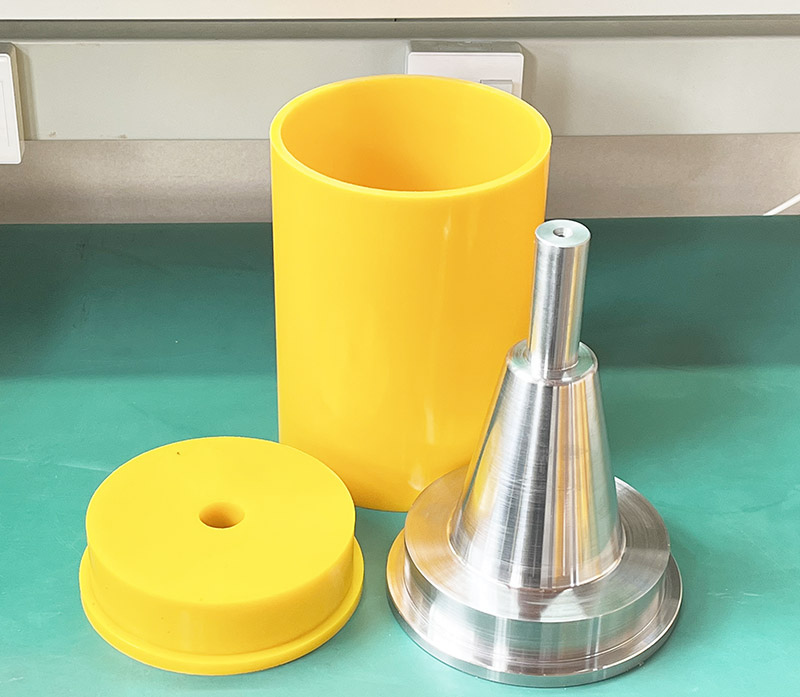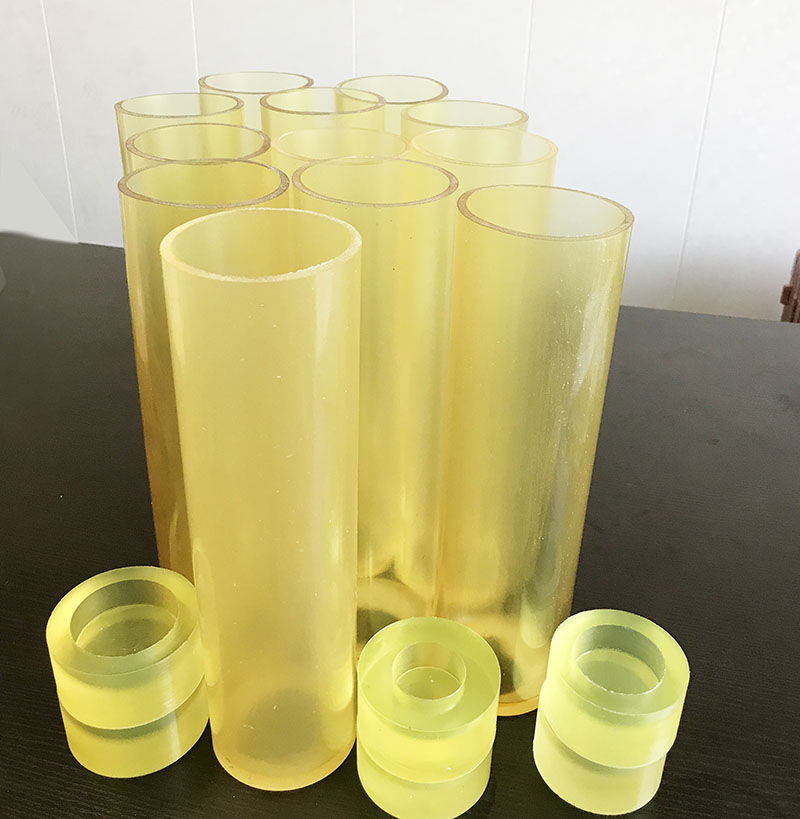
Cold Isostatic Press Bags
Categories: Dry bag DIP forming mold
Application: Cold Isostatic Press Bags
InquiryMain description:
Cold Isostatic Press Bags


Cold Isostatic Press Bags
Cold Isostatic Press Bags
Cold isostatic pressing, referred to as isostatic pressing
Isostatic pressing, also known as hydrostatic pressing, is a method that uses fluid (water, oil) as a transfer medium to obtain uniform static pressure on the material. The powder is encapsulated in a rubber or plastic mold insulated from the fluid, and then submerged in the liquid in a pressurized container. The fluid can be glycerin, engine oil, water (with anti-rust agent) or other non-compressible liquid powder, which is uniformly pressurized. Usually the pressure used in cold isostatic pressing is between 50 and 300 MPa. When a higher pressure is used, the rate of decompression must be controlled to prevent a small amount of compressed air bubbles from rapidly expanding due to sudden decompression and causing the green body to crack.
Compared with dry pressing, isostatic pressing has the following advantages: ①The density of the green body is high, uniform, with few defects, and the firing shrinkage is lower than that of general dry pressing. It can press parts with concave, hollow, slender parts and other complex shapes; ②The friction loss is small, and the forming pressure is low; ③The pressure is transmitted from all sides, the density of the green compact is evenly distributed, and the strength of the compact is high; ④The cost of the mold is low.
The disadvantages of isostatic pressing are: the size and shape of the green compact are not easy to be accurately controlled, the productivity is low, and it is not easy to realize automation; the dry bag isostatic pressing method (dry bag isostatic pressing) can overcome the defects that are not easy to realize automation. This method is called "dry bag" because the operator is not in contact with the liquid medium, and the production rate of a single machine has reached 500-3800 pieces/h. Dry bag isostatic pressing is suitable for the production of ceramic balls, tubes, filters, grinding wheels, spark plugs, etc. The pressing pressure of ceramics is generally 70-200 MPa, and natural rubber, neoprene, polyurethane, polyvinyl chloride, etc. are usually used as molds.






We support all kinds of customization, if you need it, please contact us.
Phone/whatsapp:+86 18234744811
Email:sales@highindustryco.com